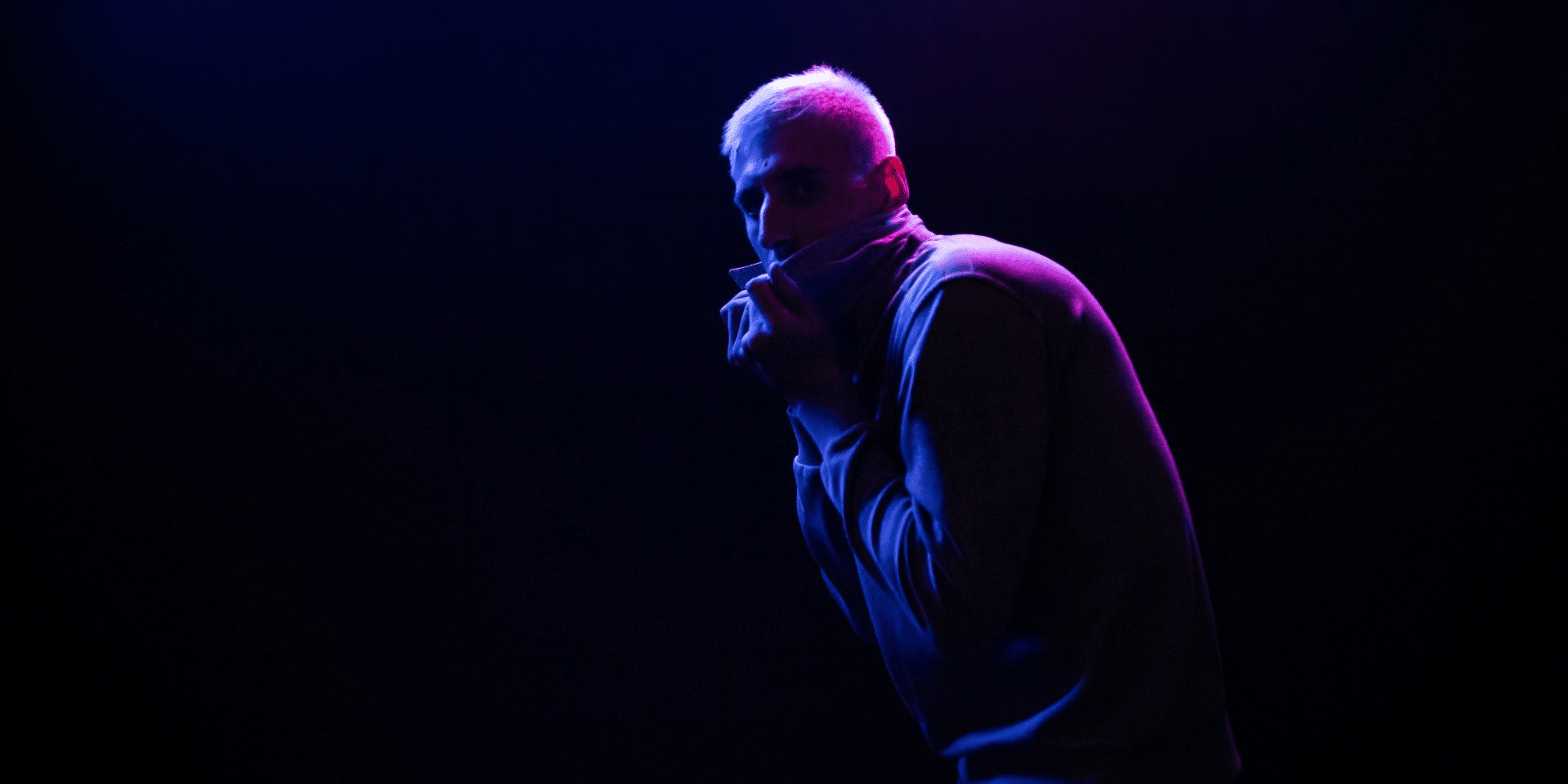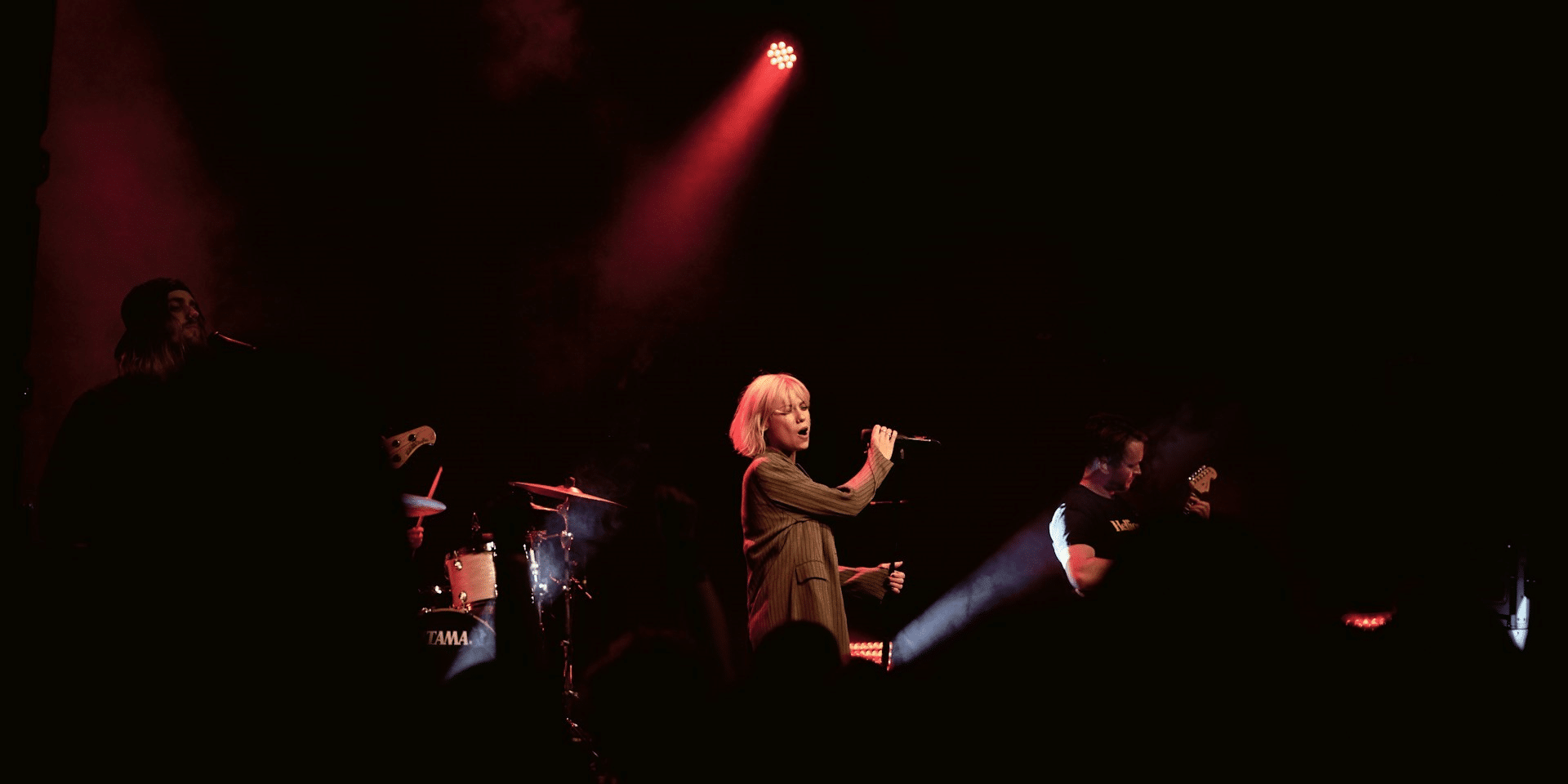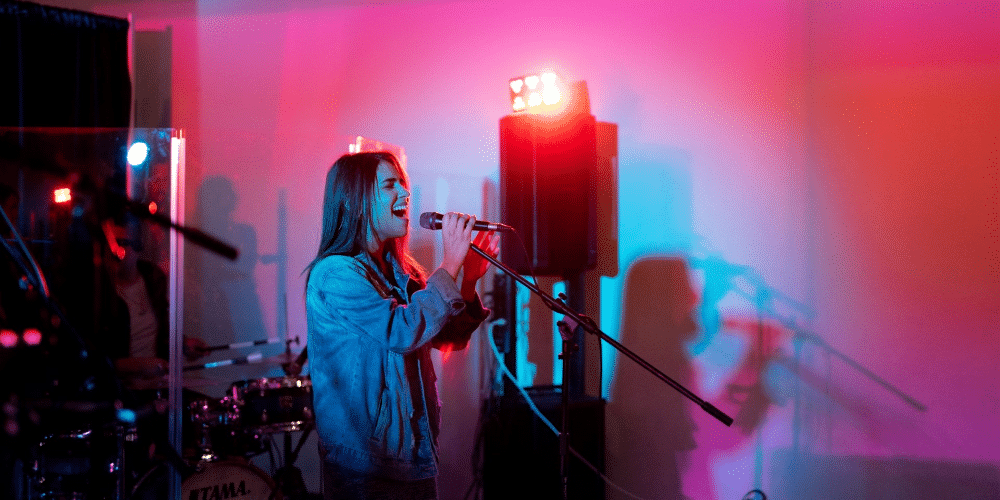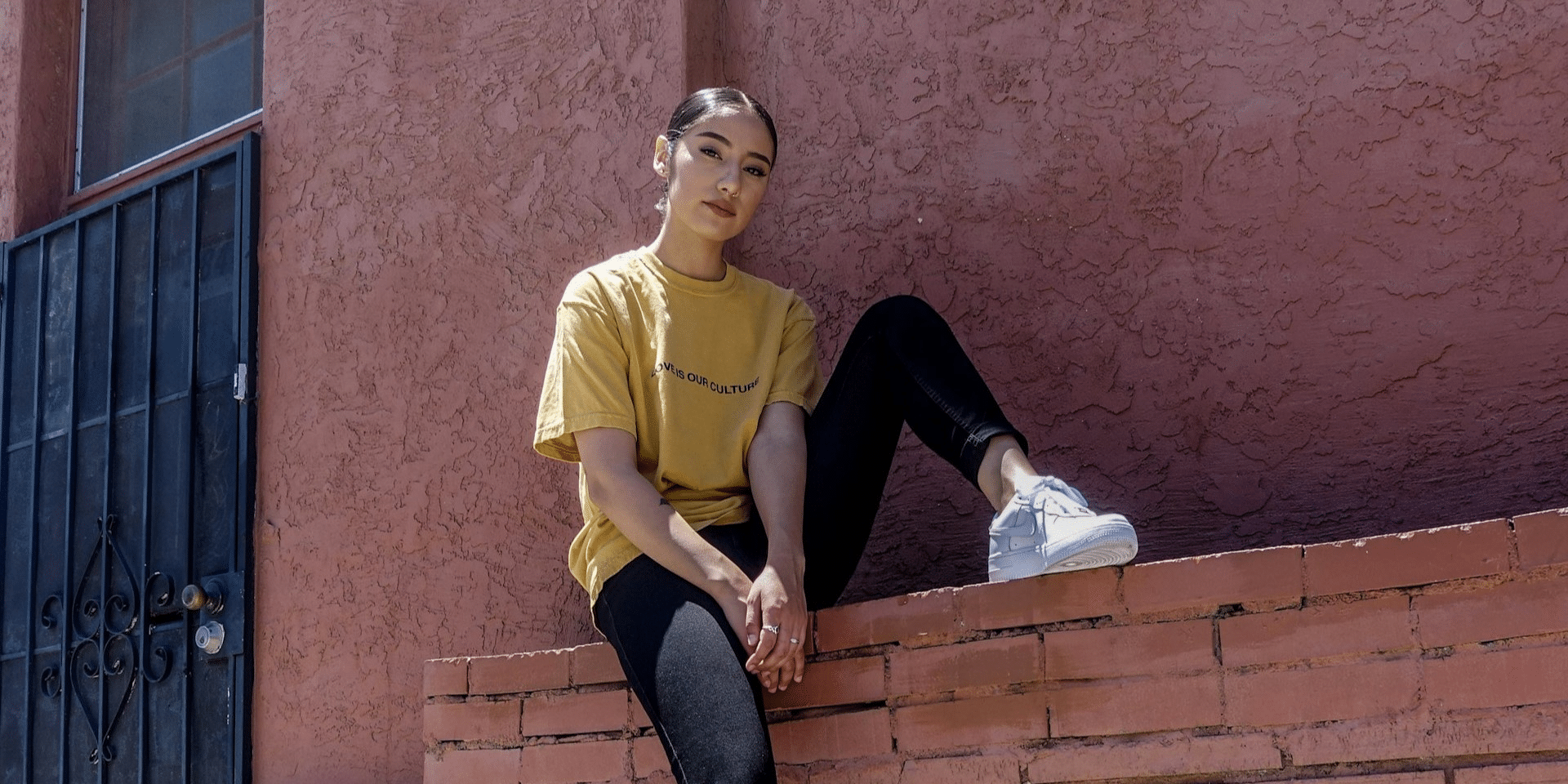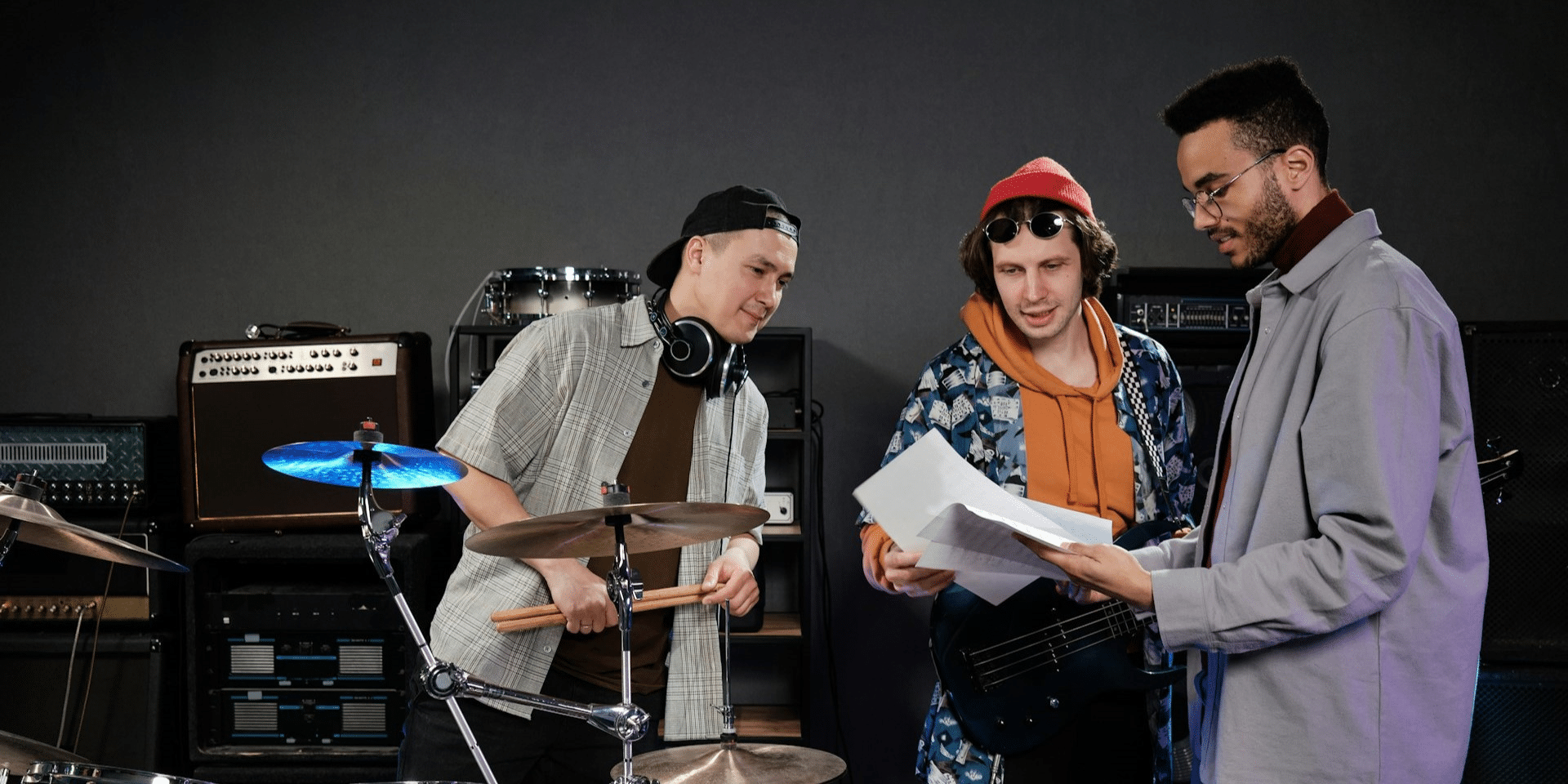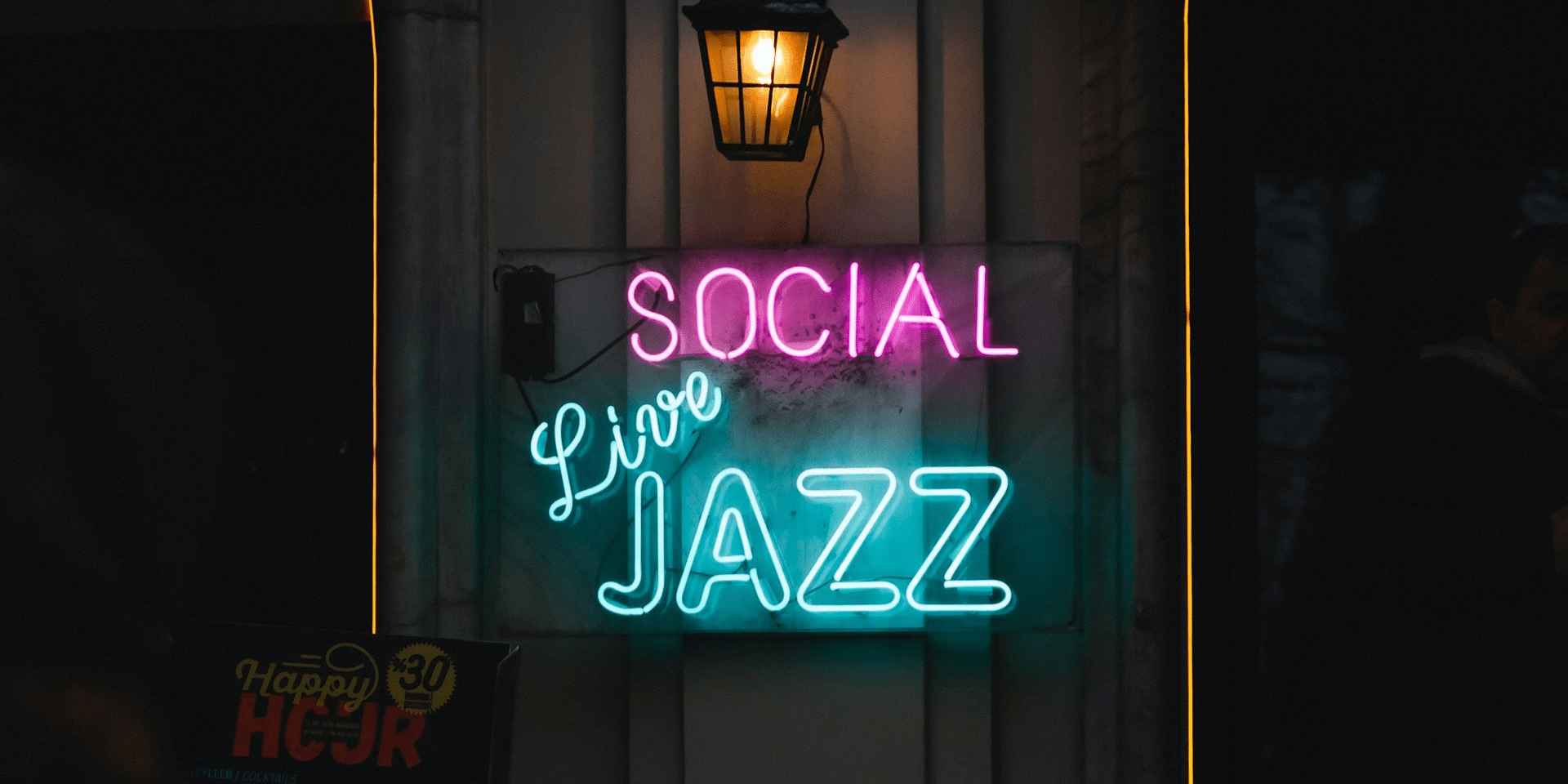Alt-pop, a genre blending alternative rock and pop music, has seen a significant rise in popularity and recognition over the past decade. This genre, characterized by its eclectic mix of sounds and innovative approach to music production, appeals to a wide audience. In this article, we explore how alt-pop became more recognized, examining its origins, key artists, and the factors contributing to its mainstream acceptance.
Origins of Alt-Pop
Alt-pop’s roots can be traced back to the 1980s and 1990s, when alternative rock and pop music began to merge. Bands like The Cure, R.E.M., and Radiohead started incorporating pop elements into their alternative rock sound, creating a unique blend that laid the foundation for alt-pop.
As the music landscape evolved, so did alt-pop. In the 2000s, artists like Gorillaz and MGMT further blurred the lines between alternative and pop music, introducing electronic and experimental elements. This evolution helped shape alt-pop into the diverse and dynamic genre it is today.
Key Artists in Alt-Pop
Several artists have been pivotal in bringing alt-pop to the forefront. Lorde, with her debut album “Pure Heroine,” captured the essence of alt-pop with minimalist production and introspective lyrics. Her success paved the way for other artists to explore and innovate within the genre.
Today, artists like Billie Eilish and Tame Impala are synonymous with alt-pop. Billie Eilish’s dark, moody aesthetic and Tame Impala’s psychedelic pop sound have both garnered critical acclaim and commercial success, highlighting the genre’s broad appeal.
Factors Contributing to Alt-Pop’s Recognition
The rise of streaming platforms like Spotify and Apple Music has played a crucial role in the recognition of alt-pop. These platforms allow artists to reach a global audience without the need for traditional record label support. Playlists curated by these platforms often feature alt-pop tracks, helping the genre gain exposure.
Social media has also been instrumental in the rise of alt-pop. Platforms like Instagram, TikTok, and Twitter enable artists to connect directly with fans, share their music, and build a dedicated following. Viral trends and challenges on TikTok, in particular, have propelled alt-pop songs to mainstream success.
Music festivals such as Coachella, Lollapalooza, and Glastonbury have embraced alt-pop artists, giving them a platform to perform alongside more established acts. These festivals attract diverse audiences, increasing the visibility and acceptance of alt-pop.
Alt-Pop in Mainstream Media
Alt-pop music has found its way into mainstream media through film and television soundtracks. Movies like “The Fault in Our Stars” and series like “Euphoria” feature alt-pop tracks, introducing the genre to wider audiences and cementing its place in popular culture.
Alt-pop artists have received significant recognition at major music awards. Billie Eilish’s sweep at the Grammy Awards, where she won multiple categories including Album of the Year, showcases the genre’s growing legitimacy and mainstream acceptance.
The Appeal of Alt-Pop
One of the reasons alt-pop has become more recognized is its diverse soundscapes. The genre’s ability to incorporate elements from various musical styles—rock, electronic, indie, and more—makes it appealing to a wide range of listeners. This versatility allows alt-pop to resonate with both mainstream and niche audiences.
Alt-pop often explores themes of introspection, mental health, and personal growth, which resonate deeply with listeners. The genre’s lyrical content tends to be more personal and relatable, providing a stark contrast to the often superficial themes found in mainstream pop music.
The innovative production techniques used in alt-pop set it apart from other genres. Producers and artists experiment with sounds, textures, and structures, creating fresh and engaging music. This creativity keeps the genre exciting and continuously evolving.
Alt-pop has become more recognized due to a combination of factors including influential artists, the rise of streaming platforms, social media, and its presence in mainstream media. The genre’s diverse sound, relatable themes, and innovative production have contributed to its broad appeal. As alt-pop continues to evolve, it is likely to remain a significant force in the music industry, captivating audiences with its unique blend of alternative and pop influences.

